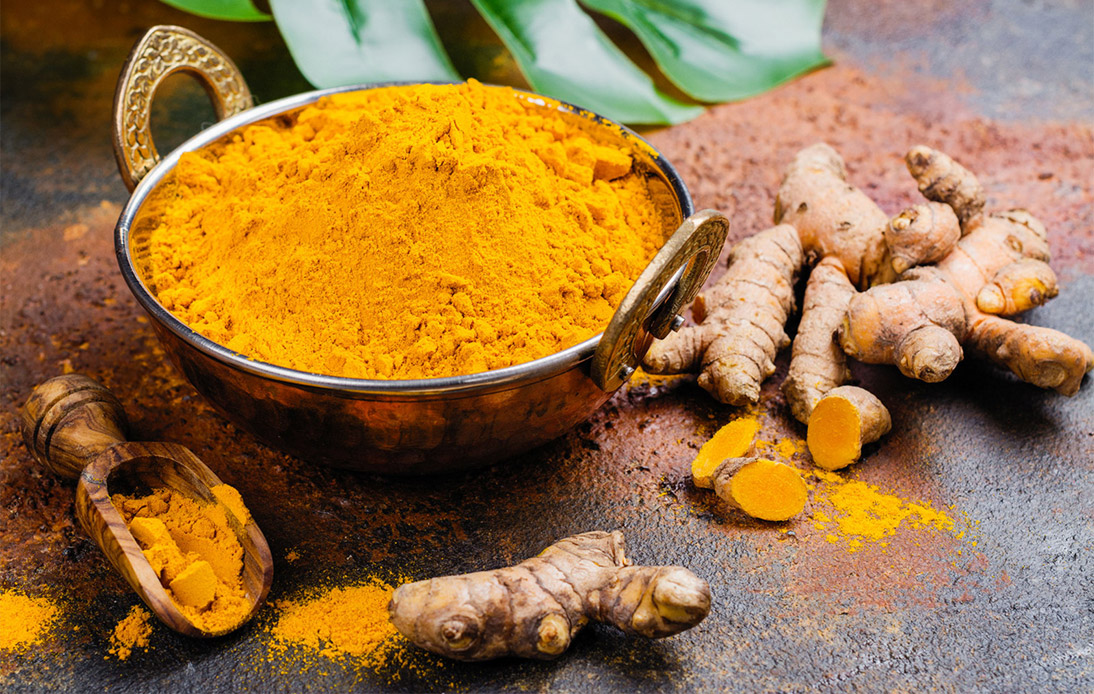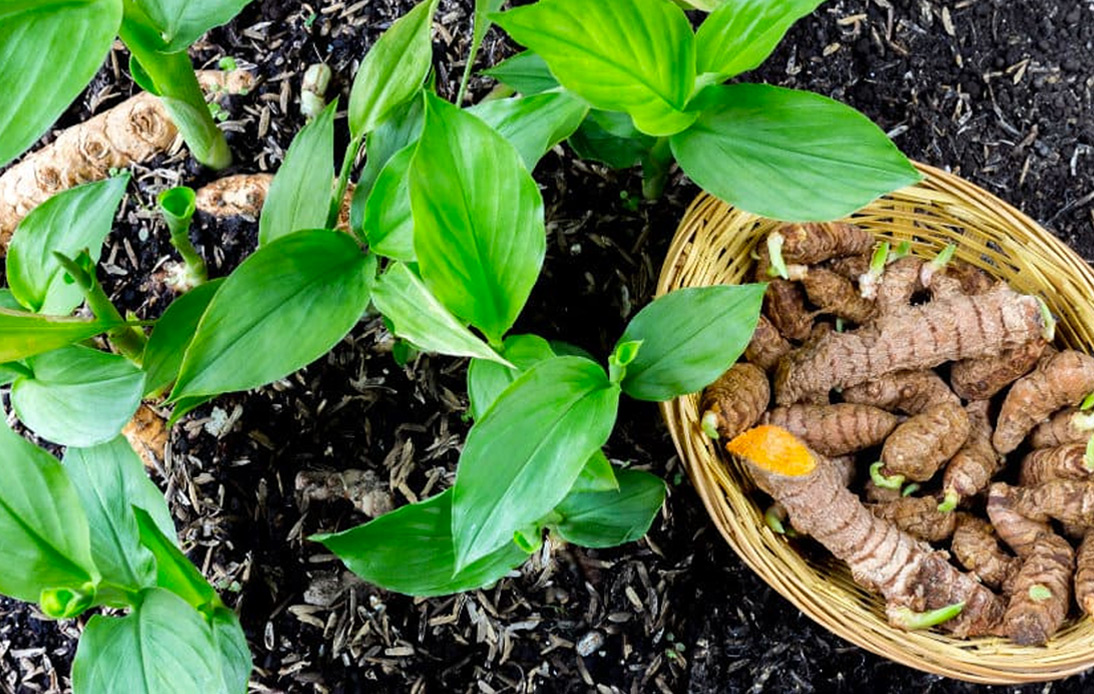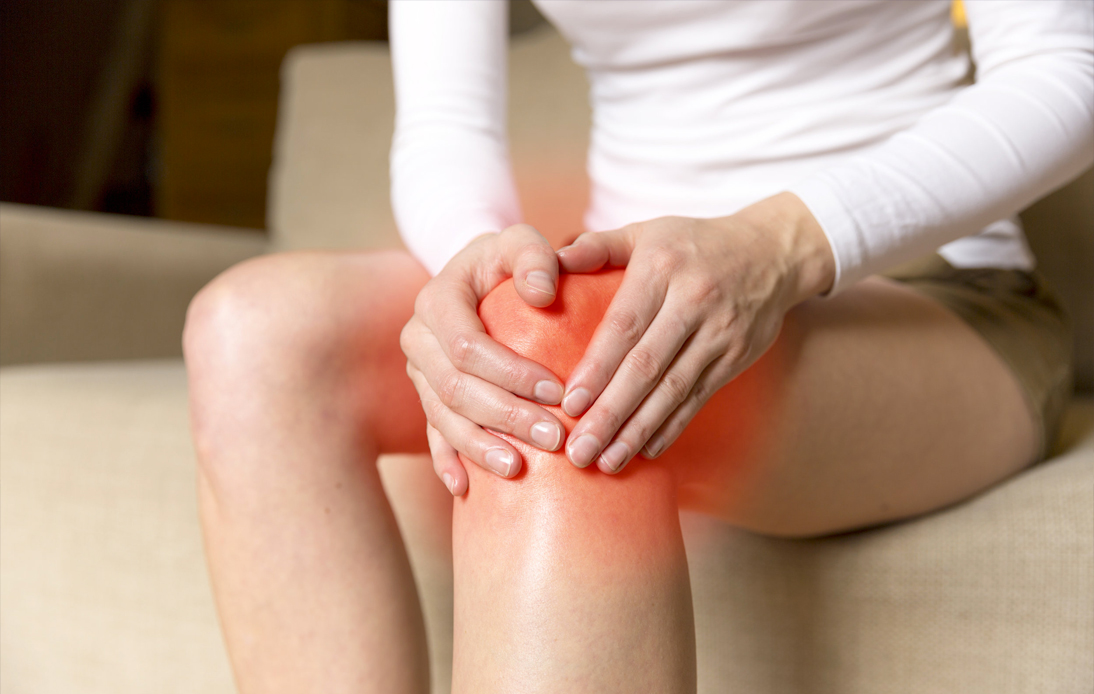
Is it possible for turmeric to tackle the pain that is caused due to arthritis? According to scientists, it does work more effectively than a placebo when it comes to handling knee pain.
In today’s time and age, it is used in every other health fad including soy lattes to vegan cakes. However, it was revealed that the craze does have some merit to it.
A clinical trial was conducted which was randomized, double-blinded, and placebo-controlled. The study deduced that turmeric is more effective in comparison to a ‘dummy’ placebo treatment when it comes to decreasing knee pain.
Turmeric is an ingredient that is often used in South Asian cooking and for several centuries, it has been used as traditional Eastern medicine. However, modern science has only recently begun to leverage this spice as a medicine.
Turmeric is created by powdering the dried root of a plant called Curcuma longa. In recent times, it has been used in various trials to gauge its use as a treatment for lung disease, Alzheimer’s, heart disease, and depression.
According to recent studies, it also positively affects people with a few specific cancers and it is believed that it halts the division of cancer cells.
The active ingredient in turmeric, Curcumin, is a polyphenol that demonstrates significant antioxidant, anti-inflammatory, and antiseptic properties.
In the latest trial conducted by the University of Tasmania, Australia, 70 random patients with symptomatic knee osteoarthritis and swelling inside the knee joints were assigned to consume two capsules each day of either turmeric or a placebo for 12 weeks.
The results were published in the Annals of Internal Medicine journal and stated that the patients who consumed the turmeric supplements claimed that they experienced less pain than those who were in the placebo group, although they did not report any side effects.
Moreover, those who took turmeric also decreased their intake of other pain medications in comparison to those who were taking the placebo treatment.
However, the scans did not showcase any difference between the structural features of the knee joint, which implies that it was the reception of pain that was affected as opposed to the physical disease.
According to the researchers, no effective treatments are available to treat osteoarthritis. Moreover, painkillers are also not highly effective. The team is pushing for large-scale trials in order to evaluate the clinical significance of their findings.






















